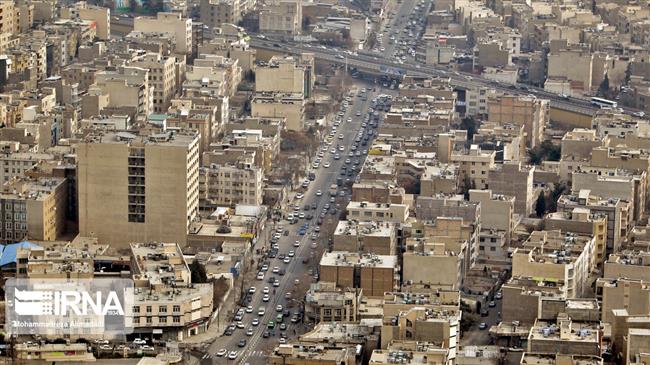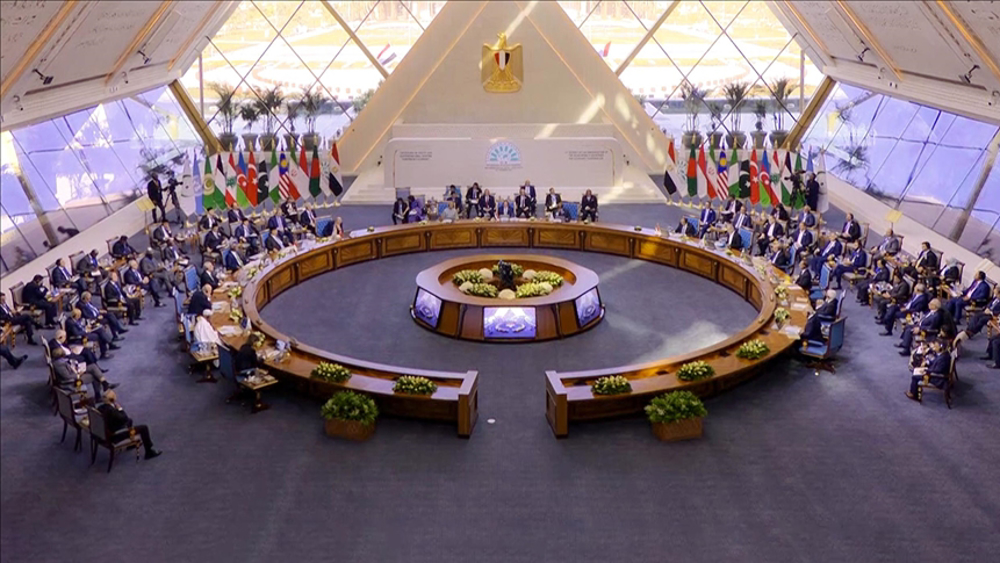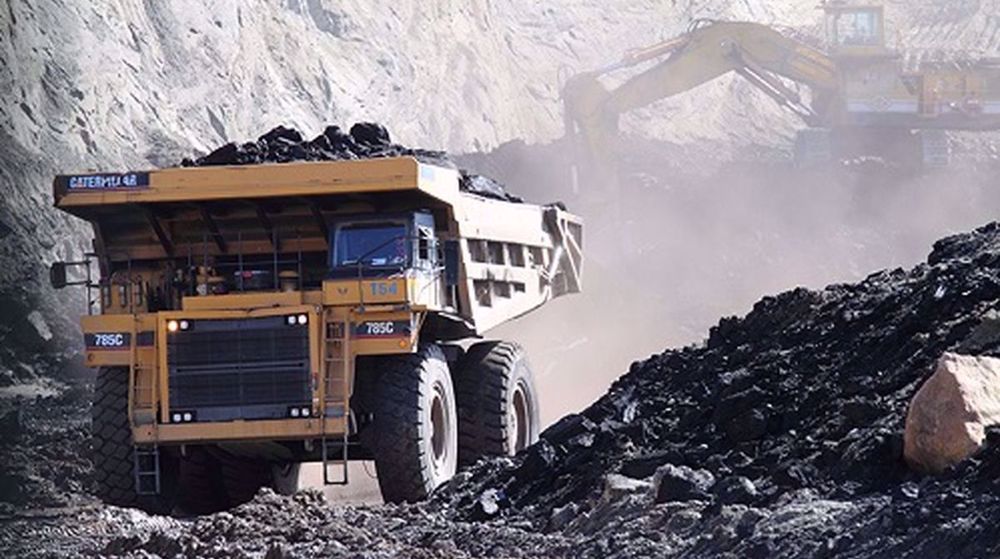Home vacancy costing Iran dearly, empty homes estimated at $200bn
An economic expert has defended a new law adopted in Iran that seeks to impose hefty taxes on empty properties as he insists home vacancy is costing the country dearly with nearly $200 billion worth of assets left outside of the productive cycle of the economy.
Mohammad Reza Yazdizadeh, a tax expert and economic lecturer, said in remarks published on Saturday that taxing empty homes would help the Iranian government attract the financial resources it needs to gradually distance itself from crude export revenues.
“$200 billion is five times the capital the country needs to become free of selling raw crude oil,” said Yazdizadeh, adding that the figure is half what Iran is expected to earn within the next 25 years from an economic partnership deal it recently signed with China.
Speaking to semi-official Mehr news agency, the economist said that his valuation of empty homes in Iran is based on estimates by government agencies and other sources.
He said taxing empty homes would generate enough funds for the government at a time it struggles to diversify the economy and distance itself from traditional sources of revenue.
Iran’s law on empty homes was enacted in October after the country’s Guardian Council, a body which vets legislation by the parliament, gave it its final approval.
The law is a first in Iran where the number of vacant homes is believed to have reached above 2.5 million.
Experts believe the tax would help improve the renting market in Iran especially in large cities where landlords normally charge exorbitant prices for leasing their properties.
The taxation is expected to start over the summer after all Iranian households submit information on their places of residence to a government-run website.
‘All wars have rules. All of those rules have been broken’ by Israel
VIDEO | Report flags India’s violation of rights of Rohingya detainees
Turkey's foreign minister meets Syria's de facto leader in Damascus
'Next to impossible' to rescue patients from Gaza's Kamal Adwan Hospital: Director
VIDEO | Vietnam current prosperity
Report blames gasoil exports for shortage at Iranian power plants
VIDEO | Hind Rajab Foundation names Israeli war criminals vacationing after Gaza genocide
VIDEO | Australians rally for Gaza ahead of Christmas festivities











 This makes it easy to access the Press TV website
This makes it easy to access the Press TV website